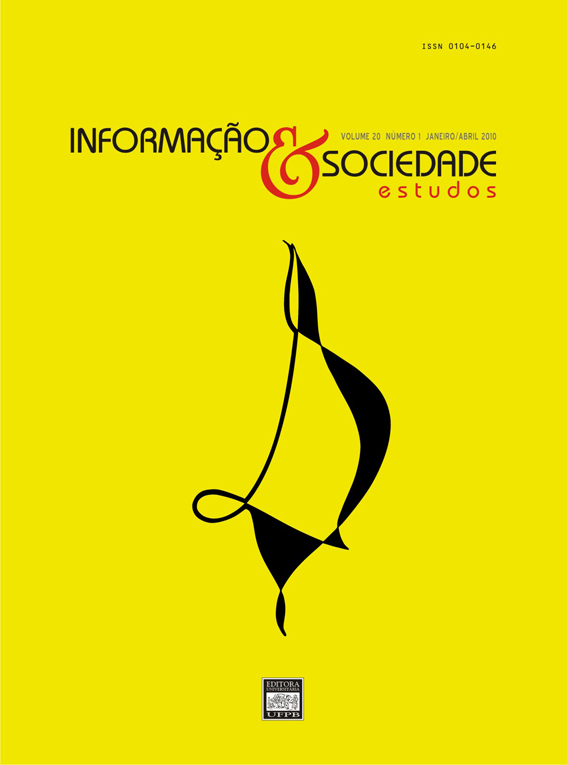The library of the twenty-first century: new paradigm or mere expectations?
Keywords:
Bibliotecas, paradigmas e modelos. Ciência da informação, paradigmas e modelos. Ciência da InformaçãoAbstract
This work aims to evaluate the guideline paradigms of 21st century libraries, and therefore, of the information science (IS). Firstly, three points are considered: (1) the library as an institution fundamentally social and subjected to society changes; (2) the irreversible mobility of paradigms in any area of performance; (3) the professional and governmental action as the determinant element of institutional performance. Inevitably, as the library crosses the various historical phases, it assimilates the reality of different periods and it assumes distinct paradigmatic positions. Initially, the availability-centered model prevails, which prioritizes great collections and majestic buildings, the “just in case” model: the reader has the demanded information available thanks to the real browsing. Gradually, the accessibility-centered model is consolidated. It is the “just in time” prevalence, thanks to the exchange between the other wired information units and to the virtual browsing. The technology expansion leads to the advent of the virtual library (VL) and the emergence of the informational or digital paradigm. However, it is insisted on the idea that professionals and the government are responsible for the validity of allusive libraries paradigms. And it is also necessary to take into account the culture, countries and people diversity, which means that the virtual libraries coexist with traditional libraries in 21st century.Downloads
Download data is not yet available.
Downloads
Additional Files
Published
2009-08-23
How to Cite
Targino, M. das G. (2009). The library of the twenty-first century: new paradigm or mere expectations?. Informação &Amp; Sociedade, 20(1). Retrieved from https://periodicos.ufpb.br/ojs/index.php/ies/article/view/2645
Issue
Section
Artigos de Revisão
License
Os originais aceitos e publicados tornam-se propriedade de INFORMAÇÃO & SOCIEDADE, sendo vedada sua reprodução total ou parcial, sem a devida autorização da Comissão Editorial, exceto para uso de estudo e pesquisa.






